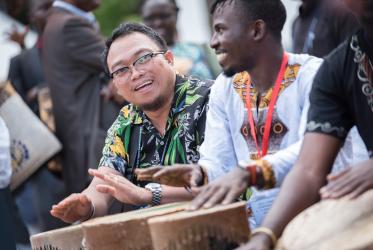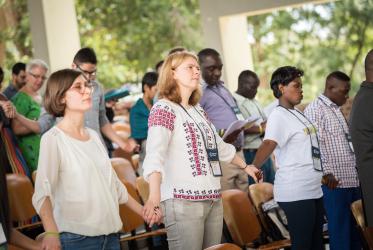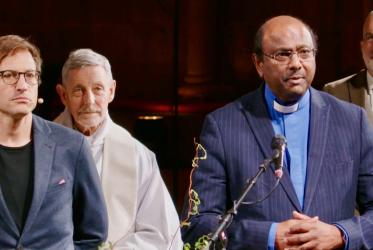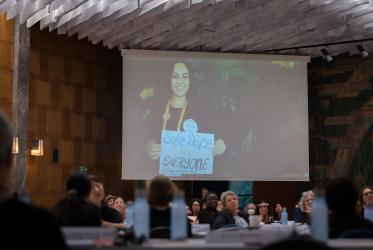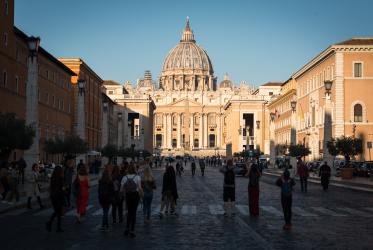An international consultation entitled “Green Reformation: Ecology, Religion, Education and the Future of the Ecumenical Movement” was held 12-15 May at the Bossey Ecumenical Institute.
Organized by the World Council of Churches (WCC) department on Ecumenical Theological Education, the consultation represented the third major gathering in a series of activities over the past five years (2014: Migration and Theological Education, 2016: Religious Radicalization and Theological Education).
The consultation was planned and implemented in partnership with the Association of Protestant Churches and Missions in Germany, and with the support of the WCC departments on Ecumenical Continuing Formation, Care for Creation, Economy of Life and Climate Justice, and Interreligious Dialogue and Cooperation.
The consultation drew theological educators, researchers, members of ecumenical networks in the field of advocacy and care for creation, and representatives of grassroots movements from 23 countries.
The group explored ecology and the re-reading of sacred texts as well as the necessity to formulate a new paradigm with hermeneutical principles that address and recognise justice, dignity, rights, interconnectedness and integrity of creations.
The consultation also realized the importance of cultivating awareness for an inclusive language that incorporates all that belongs to God’s creation.
The group also discovered that curriculum development in the area of eco-theology/eco-relational theology and care for creation requires a multi-disciplinary effort and collaboration between all disciplines.
They also reflected on the mandate of churches and religious communities to promote best practices for caring for creation, the well-being of all creation, and advocacy for the implementation of eco-preservation measures in the public sphere.

